War and humanitarianism, medicine and public health, rights and justice... Discover CRASH publications sorted by themes.
The fact that CRASH publications are written from an aid practitioner's, rather than researcher's, perspective, does not exempt them from the demands of rigorous research methods. We try hard at this, with the help of (volunteer) research professionals. The publications are not the MSF party line, but rather tools for reflexion based on MSF's framework and experience. They have only one purpose: to help us better understand what we are doing. Criticisms, comments and suggestions are more than welcome - they are expected.
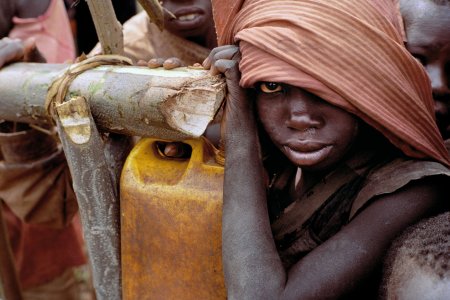 Ian Berry
Analysis
Ian Berry
Analysis
Terror and Impunity in Rwanda
08/01/2000Not having seen the genocidal drift of Hutu Power in 1994 coming, the international community grants Paul Kagame's RPF the impunity of victims. Yet such power also lends itself to criminal acts. The authors express their indignance that NGOs and international organisations - invoking the duty of remembrance - join in the endless evocation of the past that masks the political phenomena at the root of the current violence.
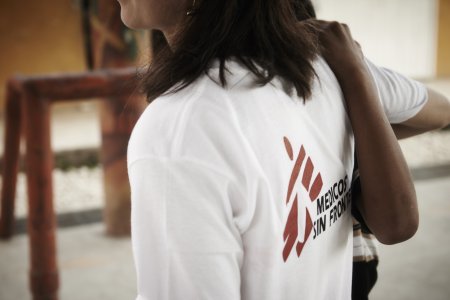 Christina Simons
Analysis
Christina Simons
Analysis
The evolving role of the state, donors and NGOs providing health services in a liberal environment, Some insights from Uganda
08/01/1999Nicolas de Torrente is questioning how far have the liberal economic reforms in Uganda seeking to rebuild and reshape the health care system, how are reforms affecting the actual delivery of health services and what are the implications of these reforms in terms of the sustainability and equity.
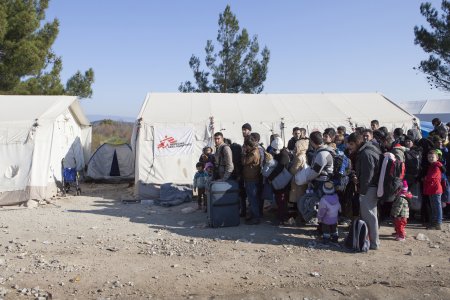 Alex Yallop
Analysis
Alex Yallop
Analysis
Reconstituting whose Social Order, NGOS in disrupted States
07/06/1999What role should NGOs play in states undergoing reconstruction? What position should they take vis-à-vis civilian donors (governments and supranational institutions) and armed forces?
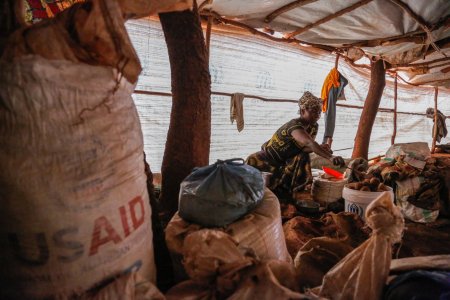 Louise Annaud
Analysis
Louise Annaud
Analysis
Is Humanitarism a form of Political Commitment?
10/01/1996Behind the question, "Is humanitarianism a commitment?", Rony Brauman warns against the use of humanitarianism in the public arena. Investing the political realm with the moral expectations of a better world, humanitarianism might unintentionally be helping to make "survival of the fittest" more palatable.
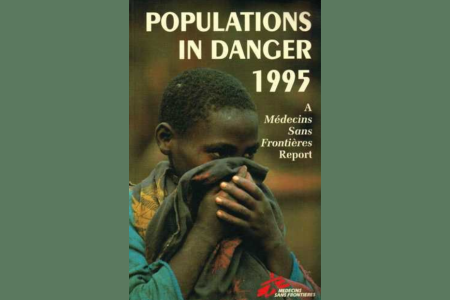 Book
Book
Populations in danger 1995
11/01/1995« Never again »: in the wake of the second World War, the terror caused by the Holocaust led the community of states to condemn genocide as a crime and to create a new international organization, the United Nations. And yet, half a century later, the international community did nothing to prevent the first undeniable genocide since that of the Jews: it let the massacre of the Rwandan Tutsis and merely sent humanitarian aid, even though it was nearly over.
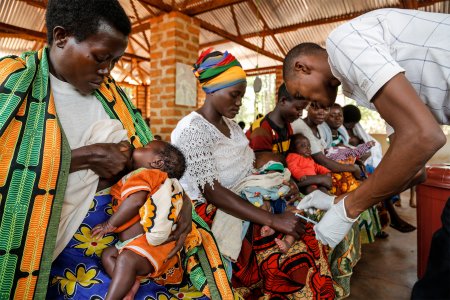 Louise Annaud
Analysis
Louise Annaud
Analysis
Humanitarian aid
05/01/1994For the publication of the Dictionnaire d'Ethique et de philosophie morale, the former president of Médecins Sans Frontières, Rony Brauman, offers a definition of humanitarian aid.
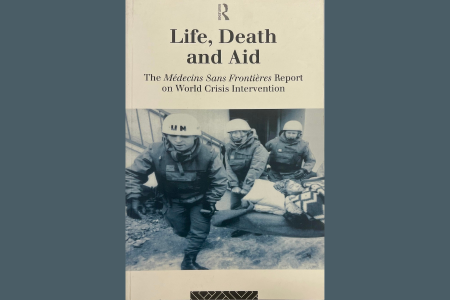 Book
Book
Life, Death and Aid
11/01/1993With the end of the Cold War came the hope of a "New World Order". yet the tragedies of war and famine continue to dominate our headlines. Humanitarian law is still violated every day. Emergency aid from the United Nations and donor governments remains inadequate and military interventions often fail to restore durable peace.
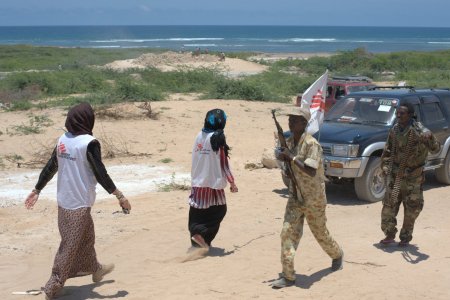 Yann Libessart
Analysis
Yann Libessart
Analysis
Somalia: A Humanitarian Crime
09/01/1993In 1993, Médecins Sans Frontières left Somalia and denounced the methods of UN troops who were violating the very humanitarian principles in whose name they intervened.
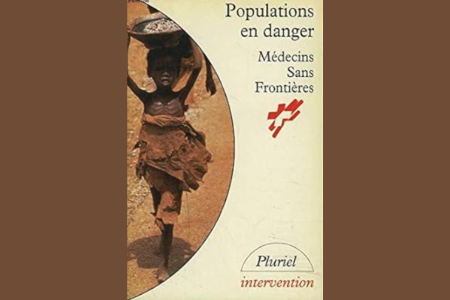 MSF-Crash
Book
MSF-Crash
Book
Populations in danger
12/01/1992In the world today entire populations are at immediate risk of death from either famine, war, epidemics or displacement. The people of Southern Sudan, Somalia, the former Yugoslavia, Mozambique, Peru, Sri Lanka, Nagorno-Karabakh, as well as the Tuaregs, the Kurds and Burma's Moslems are those who face the most serious threats.
